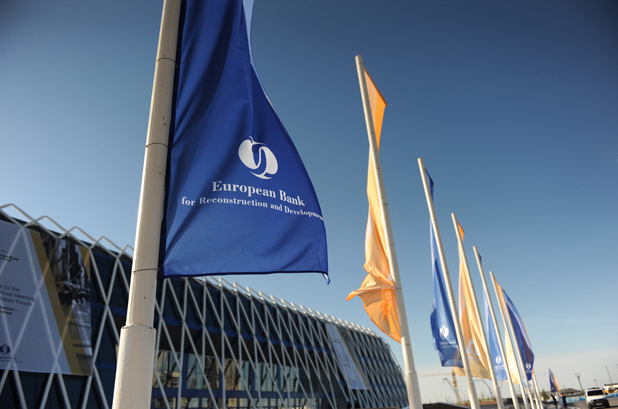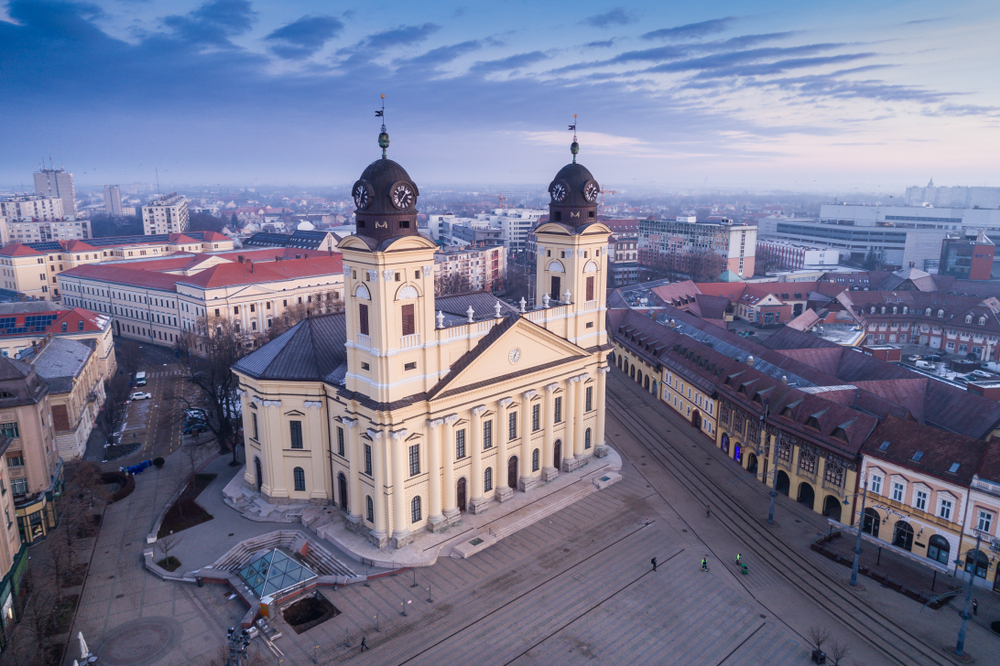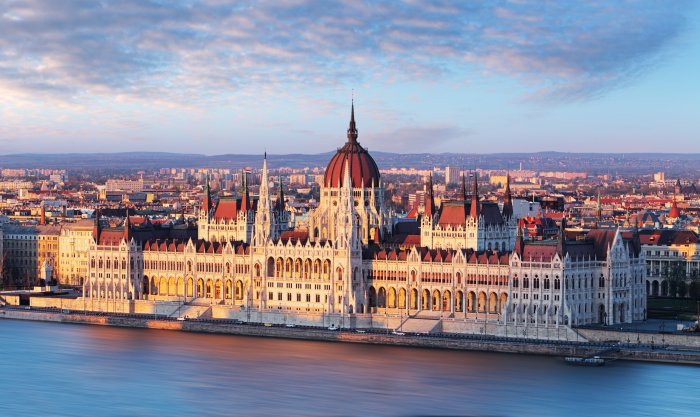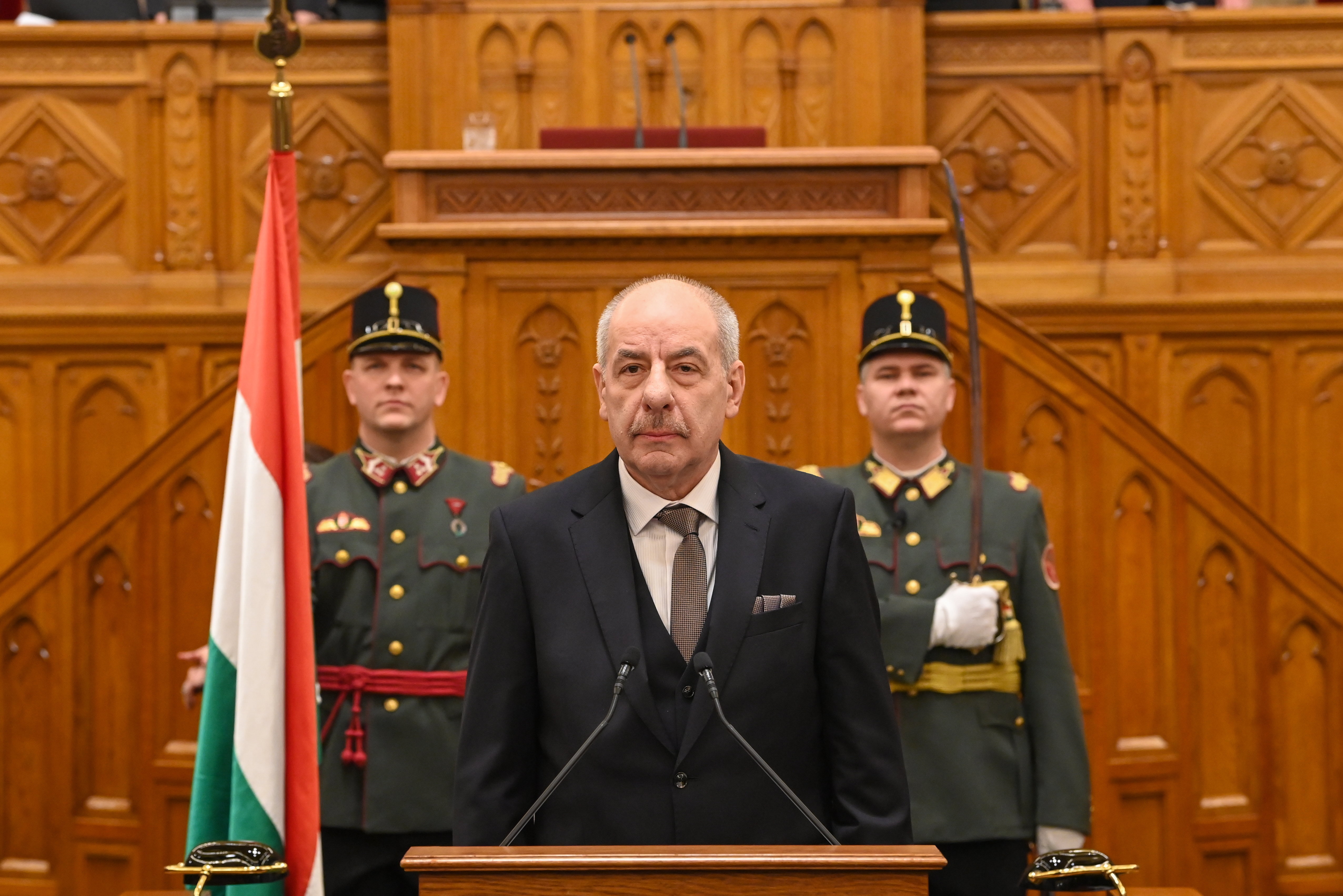Sport mega-events – a great stimulus for the economy

Hosting the Olympic Games or a major football tournament permanently boosts trade by 30% and enormously speeds up infrastructural developments in the organizing country. Less than a month from now, London will try to prove that the analysts were right: with a total budget of £9.3 billion, the Summer Olympics can boost the city’s regional power and show a good example to other candidate cities. Budapest could have been one of these cities 10 years ago, and again two years ago. What had Hungary missed by not bidding to host the games?
“We aim to improve the quality of life for all through cultural and sporting activities, to support the pursuit of excellence and to champion the tourism, creative and leisure industries,” reads the simple mission statement of the hosting department of the London 2012 Olympic and Paralympic Games.
The complex message reflects the core idea: hosting a sport mega-event can provide a unique chance for a country to develop and improve the quality of life for the whole nation in terms of economy and infrastructure. At least that is what most analyses suggest: for instance, PwC’s experts state in one of their studies that investment in mega-event-related infrastructure can accelerate economic development by as much as three decades. However, advanced planning is more than crucial for real achievements: the transformative effect of well-thought-out supporting infrastructure for a big sport event has long-lasting economic, demographic, and social implications for the entire region. How a government body – national, regional, or municipal – plans for the legacy of supporting infrastructure can have a ripple effect on the development of a region for decades to come.
Hungarian politicians recognized this promise for the first time in the country’s modern democracy 10 years ago, when with the leadership of the well known sports-fan, Viktor Orbán (then Prime Minister as well), the country formulated the intention of applying for the 2012 Olympic Games – at least on the level of public discourse. The government ordered an impact study to estimate the possible cost and rationality of hosting the 2012 Summer Games. The PwC-developed document resulted in a moderately positive answer. The event could had been realized for a total sum of HUF 4,600 billion – including HUF 3,000 billion in central governmental funding – under some major conditions: the country's most important economic policy and development priorities needed to be appointed first regardless the infrastructure development for the Olympics. There needed to be an economic environment where Hungarian GDP could produce an average 4% growth annually until 2020. Well, today we know just from the last point that the preconditions obviously could not have been fulfilled. For many, however, the idea of hosting such an event was much more than a campaign phrase, as others had interpreted Orbán’s vision.
The next government decided not to bid for the 2012 games in 2002, but the enthusiasm remained and formed a vibrant civil initiation: with the leadership of Attila Szalay-Berzeviczy, former chairman of the Budapest Stock Exchange, in 2005 BOM (Budapest Olympic Movement) was established and in three years recruited over 34,000 supporters. The movement generated unprecedented media hype with respected public figures and influential businesspeople involved. They could maintain the hope: organizing, or at least bidding for, the following Olympics can be vital for the country’s future, they suggested. BOM financed a new impact study in 2006, also conducted by PwC. The new estimates for the 2020 games included a total budget of HUF 5,164 billion for the whole event. BOM even managed to unite the often divided politicians, and lined them up behind the cause. The effort was still not enough for officially bidding to host the 2020 Olympics.
It was another wasted chance for the country. Members of the Hungarian political elite were preoccupied only with themselves in the past 10 years, so had no time for affairs of the country, and especially the future, as Szalay-Berzeviczy retrospectively commented the decision when the Budapest Business Journal asked him about BOM’s recent activity. He and his movement constantly have been advocating that evidence shows hosting the Olympic Games enhances the business profile of the host city, and acts as a significant catalyst for economic, cultural, and social change. This effect is related to the entire process of bidding, preparing and staging the Games, which can continue to have beneficial economic impacts for the whole region. BOM has been relatively silent for the last two years; however, as the BBJ learnt from Szalay-Berzeviczy, in the next month they will announce their new strategy to keep the spirit alive for the future.
One can understand the perseverance of the well-known businessman, if aware of the statistics and figures of the last few decades related to big sport events and their economic impact. Szalay-Berzeviczy is especially passionate since he had been infected through family ties: his great-grandfather was the first president of the Hungarian Olympic Committee. But as an economist, he also believes in the potential. A study of 196 countries’ economic performance between 1950 and 2006 found that hosting a mega-event, like the Olympics, the FIFA World Cup or the UEFA Euro Cup, permanently boosts trade by 30%. This does not apply to cities like Montreal, where the organizers did not plan the infrastructural needs accurately, and the Canadian town feels the burden of the costs even today. PwC’s study says the Olympics simply sped up the renewal that had already been planned to take place. To orchestrate properly a long-term development, the governmental bodies need to explore private sector options as a way to better manage financing concerns for supporting infrastructure. Recent decades show that some cities have turned to public-private partnerships (PPP) as a viable solution. Best suited to large-scale infrastructure assets with ongoing maintenance requirements, PPPs are increasingly used to secure additional financing, better manage risks, and increase transparency and accountability. The best example is Barcelona, where the city spent six times as much on infrastructure as it did on organizing the event itself. As a result, the 1992 Games thrust Barcelona into the top tier of Europe’s tourist and business destinations, and the city experienced a metamorphosis within five years that would otherwise have taken three decades. Not to forget the smoothly organized game as well!
BOM’s plan to push the campaign forward will probably clash with recent political will, since the Hungarian government declared in 2010 that even though they would like to have a sport mega-event in Budapest sometime in the future, in the present economic environment there is no realistic chance for bidding in the next 20 years. Facts point out that financial instability is not the main obstacle for a city or country to bid: Rome and Madrid – both affected heavily by the crisis – officially made their bids a few years ago for the 2020 Olympics. PwC research has found that a potential city for hosting such mega-events needs to excel in four essential dimensions to capture attention on the world stage: quality services to residents and businesses, sustainable development, visionary leadership, and consistency of image. In order to prepare for that, it is interesting to examine some examples:
China invested approximately $40 billion in infrastructure alone between 2002 and 2006 to prepare for the Beijing Olympics in 2008 by building some 40 new stadiums and athletic facilities, doubling the capacity of Beijing’s subway system, building roads, and constructing a new airport. Investing in infrastructure also offers a wealth of opportunities to international investors seeking new markets. Brazil, for example, is expected to invest some $83 billion in infrastructure from 2009 to 2016 to prepare for the football World Cup in 2014 and the Olympics in 2016. More than 1,200 projects have already been identified for the World Cup, which is expected to draw more than half a million international visitors, many of them private investors from the Middle East, Europe, and the US who have already expressed interest in these infrastructure projects. Like in Brazil, the South African government, the host of the 2010 World Cup – the first sport mega-event held on the African continent – actively solicited private participation in infrastructure. They specifically provided incentives for foreign companies to partner with local businesses. As a result, much of the planning and development of wider infrastructure in the country was accelerated.
London was already a hot spot of European tourism with a well-developed infrastructure when it won the right to host the 2012 Summer Olympics. The real question was how the city will manage to proceed with the preparations during the world economic crisis. The organizers combined three major sources for the total budget of £9.3 billion: 67% came from the central government, 23% from the National Lottery, and 10% from the municipality of London. During the last six years of preparation – when 40,000 people and nearly 2,000 businesses have undertaken one of the biggest construction and regeneration programs in the UK – there were several debates over the issue of overspending. Despite all that, London is ready for hosting the game. They even managed to have most of the venues available one year prior the games. Lloyds TSB Bank estimates that for the 2012-2015 period, hosting the event will generate £10 billion for the economy and fuel a 3.5% GDP growth.
The long-term benefits are compelling with their promises of new facilities and infrastructure, urban revival, enhanced international reputation, as well as additional employment and local business opportunities. However, one needs to calculate carefully and remain realistic, Tibor Almássy, partner at PwC, suggested to the BBJ when asked if there was any realistic chance for Hungary to bid for a major sport event in the near future. According to the expert, there is no chance to win any candidacy for a major event as long as Hungary’s credit risk is as high as it is now and unless the current economic environment improves. Almássy also stated that he supports the idea of hosting an Olympics in the future, because Budapest has excellent potential concerning urban planning possibilities with constantly improving infrastructure. “We need to be lucky with the timing, because if another Eastern European city wins the bidding, Budapest will lose her chance for decades,” he said.
Even though the present Euro 2012 in Poland and Ukraine is probably not the most commercially successful enterprise – as the Danish Saxo Bank predicts an estimated deficit of €2 billion –, hosting a major sport event in Eastern Europe still can be beneficial for the region, enhancing the chances of other regional cities to apply for sport mega-events in the future. This is the hope that BOM leader Szalay-Berzeviczy shared with BBJ: in the upcoming years, relying on the civil society, they want to maintain the public will of hosting the Olympics. Only if the economic environment changes and the conditions in Hungary start to improve will the county eventually be able to submit an official bid.
Robert V. Wallenstein
SUPPORT THE BUDAPEST BUSINESS JOURNAL
Producing journalism that is worthy of the name is a costly business. For 27 years, the publishers, editors and reporters of the Budapest Business Journal have striven to bring you business news that works, information that you can trust, that is factual, accurate and presented without fear or favor.
Newspaper organizations across the globe have struggled to find a business model that allows them to continue to excel, without compromising their ability to perform. Most recently, some have experimented with the idea of involving their most important stakeholders, their readers.
We would like to offer that same opportunity to our readers. We would like to invite you to help us deliver the quality business journalism you require. Hit our Support the BBJ button and you can choose the how much and how often you send us your contributions.










